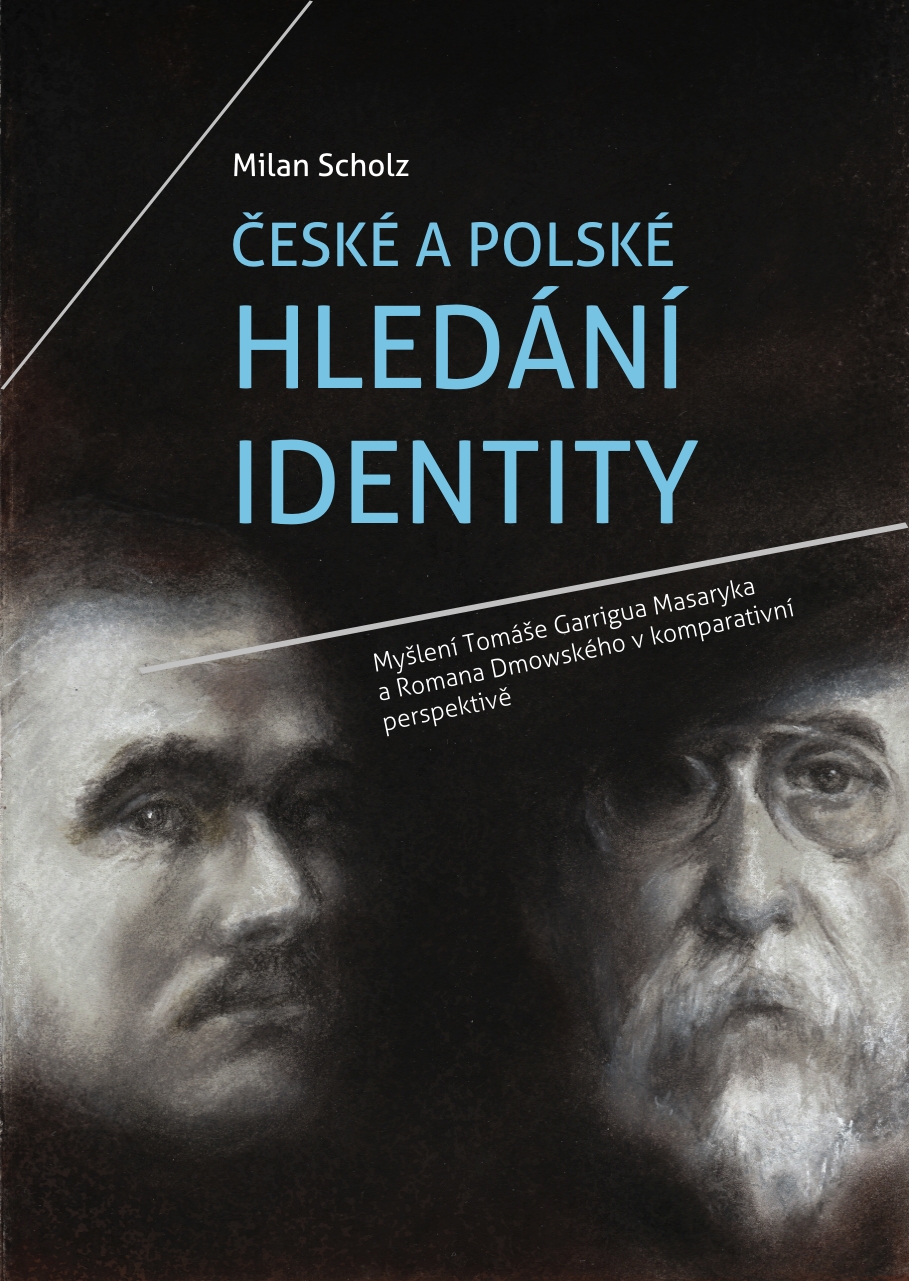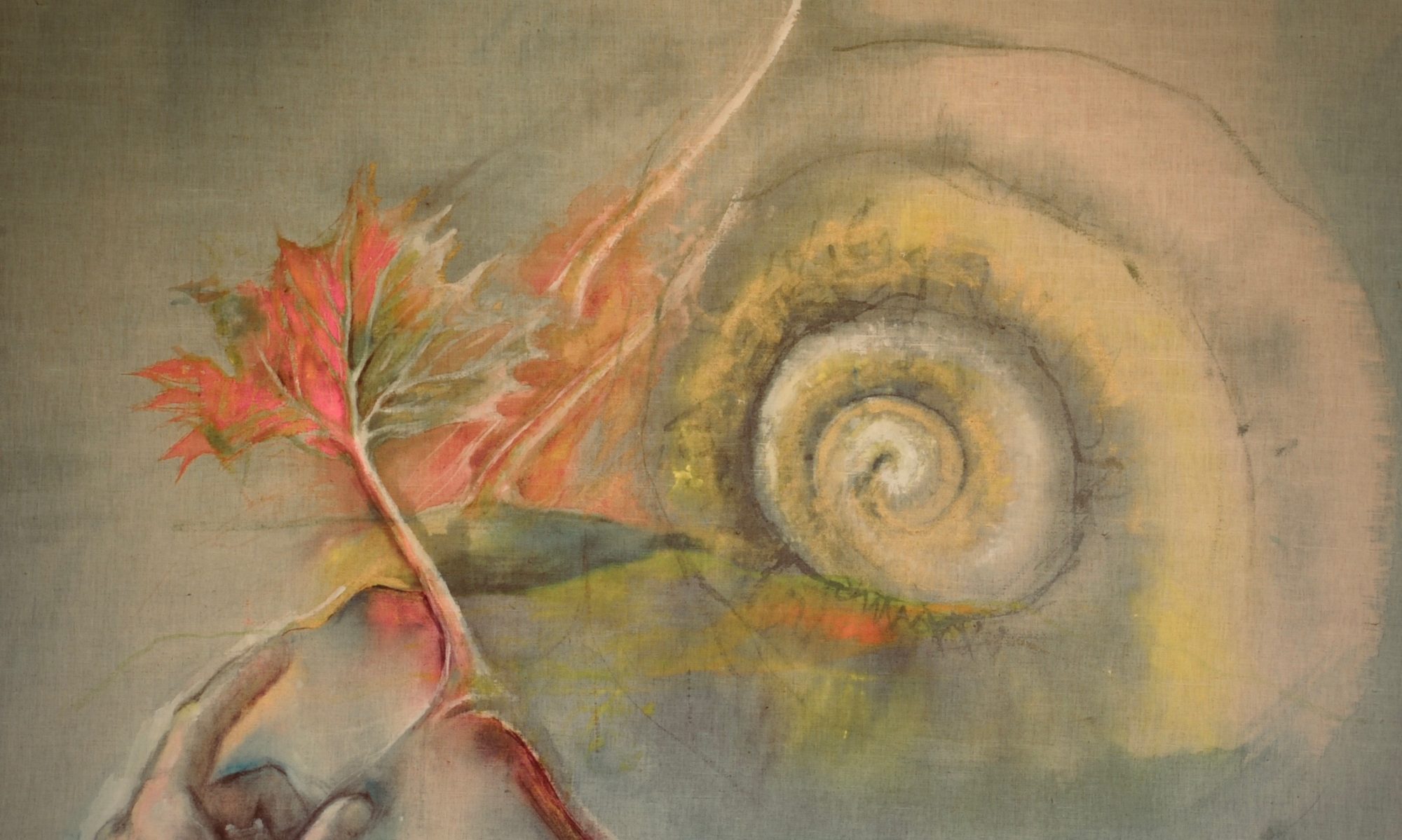Summary of the book
MILAN SCHOLZ: České a polské hledání identity. Myšlení Tomáše Garrigua Masaryka a Romana Dmowského v komparativní perspektivě. Praha: Ústav T. G. Masaryka 2020, 653 pages.
ISBN 978-80-86142-61-6
Summary available also in CZ PL DE, Related: Book review in Colloquia Humanistica (in English)

Tomáš Garrigue Masaryk (1850-1937) and Roman Dmowski (1864-1939) were among the most important representatives of the public and political life in their countries in the late 19th and early 20th century. Before 1914, Masaryk and Dmowski influenced Czech and Polish politics as well as political and intellectual thinking. After the outbreak of the First World War, they both emigrated to Western Europe, where they became the key figures of Czechoslovak and Polish politics in exile (Masaryk as the chairman of the Czechoslovak National Council, Dmowski as the chairman of the Polish National Committee). Nevertheless, in the post-war period, their careers diverged. Masaryk held a post of the president of Czechoslovakia and became a symbol of the Czechoslovak identity. Dmowski, on the other hand, represented the opposition against the mainstream development in post-war Poland.
This book deals with a comparison of Masaryk and Dmowski’s intellectual views and their search for (national) identities. Masaryk and Dmowski’s books, articles, and other published texts are the principal historical source for the comparative analysis. The first two parts of the book are arranged chronologically, and they focus on Masaryk’s (first part) and Dmowski’s (second part) search for national identity and the development of their ideas in the course of their lives. The third part is comparative and analyses (1) the story of nation presented by both politicians in their texts, (2) the role of historical examples in Masaryk and Dmowski’s mental geography, (3) the relationship between the national and international identity, (4) the role of religion in the search for national identity, and (5) Masaryk and Dmowski’s concepts of historical transformations (revolution, reform, evolution).
Masaryk entered the public scene after 1882 when he became a professor of philosophy at Prague University. From the beginning, his intellectual and public activities affected a broader field than his work in the academic sphere ever could, and Masaryk intended to take over the role of the opinion-maker in the changing Czech society. In the 1890s, Masaryk became engaged in politics. He was a deputy of the Austrian parliament (Reichsrat) and the Czech Diet (Zemský sněm, 1891-1993) representing the Young Czech Party. In 1900, he became the founder and leader of the new political party (called the Realist Party) and he represented his party in the parliament (1907-1914). The Realist Party was inspired by Masaryk’s thought and it was, by its structure, rather a think-tank than a typical political player in the parliamentarian politics. Despite a broad intellectual outlook and vast interdisciplinary erudition, Masaryk was still a rather marginal figure within the Czech society before 1914 and his party played a peripheral role in Czech politics.
Dmowski (unlike the philosopher Masaryk) studied natural sciences (he specialized in biology) at the Warsaw University. His worldview was influenced by the biological interpretation of the philosophy of history. In many aspects, Dmowski was a promoter of social Darwinism. In the 1890s, Dmowski faced the choice between an academic or political career. He was able to choose politics thanks to his financial situation – he inherited a piece of land in the suburbs of Warsaw, which, with the growth of the city, turned into a lucrative real estate. In the 1890s, Dmowski became a co-founder of the National Democratic Party, which represented the right-wing political group in Polish politics. In the following years, Dmowski became its leader and an influential opinion-maker. After the 1905 Revolution, when the foundations of modern parliamentarism in the Russian Empire had been established, Dmowski became a deputy in the Russian parliament. In contrast to Masaryk’s Realists, the Polish National Democratic Party represented a prominent power in Polish political life. Nonetheless, the position of Dmowski within his party was never as strong as Masaryk’s position in the group of Realists.
In the pre-war period, both Masaryk and Dmowski considered political thought and the search for identity to be the core of their activities. Parliamentary politics was for them a secondary field of interest. They attempted to formulate a viable concept of national identity founded on the critical analysis of the national history and intended to promote the transformation of political thinking and to show the way towards modern society. Their ideas were depicted in their numerous books and articles, which were dedicated to the national question. However, the worldviews of Masaryk and Dmowski represented different kinds of political and intellectual thought. Compared to Masaryk, Dmowski’s thinking was more markedly focused on the nation and included traits of nationalism and antisemitism. Masaryk put emphasis on the compatibility of the national idea and the national program with humanitarian politics.
During the First World War, both Masaryk and Dmowski formulated their ideas of New Europe. The goal of their efforts was a re-establishment of the independent Czech(oslovak) and Polish states. Using historical examples and geographical (or geopolitical) arguments, their projects attempted to justify the independent existence of post-war Czechoslovakia and Poland and intended to demonstrate why the reconstruction of the European political map was a necessity for the international balance of power. Nevertheless, the positions of the Czechoslovak National Council and the Polish National Committee within the Czechoslovak and Polish politics were different. The Polish political scene was more diversified than the Czechoslovak one. As a consequence, the Czechoslovak National Council (with Masaryk as its chairman) became an undisputed leader of the Czechoslovak movement while the Polish National Committee, despite being recognized by the Entente powers as a representative of Poles, remained only one of many competing Polish political groups. At the end of the war, the Polish home resistance seized the power in the country and the charismatic general Józef Piłsudski became the leader of the re-established Polish state. The politics in exile under the leadership of Dmowski was marginalized.
In the aftermath of the First World War, the careers of Masaryk and Dmowski started to diverge. Masaryk was elected the president of Czechoslovakia. In the following years, he was perceived as the guarantee of stability and democracy in the world of uncertainties. At the Paris Peace Conference in 1919, Dmowski was only the second Polish delegate. In the autumn of 1919, Dmowski fell ill and his life was in danger. After several months of recovery, he returned to Poland in May 1920, when the new political elite (even within Dmowski’s National Democratic Party) had already been formed. In this period, Dmowski’s criticism concerning the after-war political order and the concept of liberalism and democracy started to emerge. Dmowski’s thought was characterized by increasing antisemitism, a phenomenon that was always present in Dmowski’s thinking. In the late 1920s, Dmowski became the head of the nationalist opposition against the ruling authoritarian regime (called Sanation). Polish nationalists were strongly influenced by Italian fascism. However, the role of fascist inspiration in Dmowski’s thought was ambivalent. Polish nationalists perceived Dmowski as a symbol of their efforts and they wanted him to become their leader. This role was rejected by Dmowski. Compared to the younger generation, Dmowski represented the old-school nationalism, impacted by the 19th-century thinking, and he stressed the role of the long-term politics and long-term program against political slogans.
In the interwar period, the discrepancy between Masaryk and Dmowski’s worldviews became much more apparent than earlier. Masaryk’s defense of democracy contrasted with Dmowski’s reflections on the crisis of the European civilization. Masaryk was an ardent advocate of a democratic and parliamentarian way of social transformations. In this context, he believed in the future of European civilization. Nevertheless, even Masaryk was skeptical about the readiness of the people for democracy. According to him, the emerging mass society was not yet able to understand that the present was a result of historical development and it tended to prefer politicians with a short-term political program. But, in Masaryk’s opinion, the young democracy was already capable of self-improving processes. The concepts submitted by critics of democracy were not viable because, in Masaryk’s view, positive transformations of society can be sometimes (although not always) accomplished in a democratic regime, but never in a dictatorship.
Despite the discrepancy between their worldviews, Masaryk and Dmowski’s post-war texts are an interesting subject for comparative research. They were full of reports on the war and gave an account of the politicians’ reflections on the philosophy of national history, in which they applied numerous historical examples to justify their views. Both Masaryk and Dmowski (like in the pre-war period) put emphasis on a long-term political program and long-term development based on education and political erudition.
